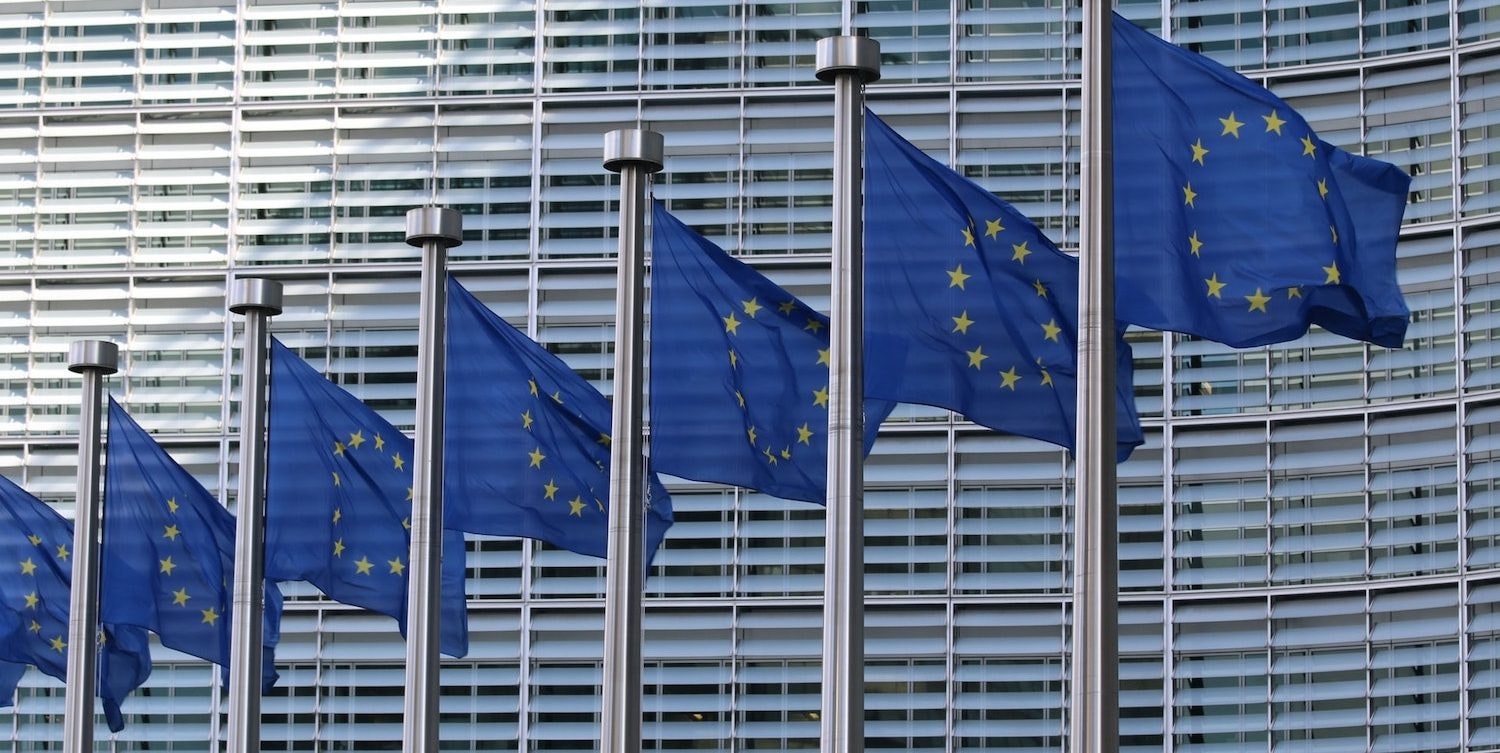This article first appeared in Sifted’s Daily newsletter, sign up here.
When it comes to tech, Germany and France love a tussle. As Europe’s two biggest ecosystems outside of the UK, they’ve been jostling for second place for years.
While Germany has historically been a larger ecosystem, the rise of France’s “startup nation” — helped by President Emmanuel Macron’s efforts to boost French tech — has kept tech and government folk across the Rhine on their toes. In 2022, France leapfrogged Germany for the first time to become Europe’s second best-funded tech ecosystem.
Some say that Germany would benefit from emulating Macron’s tech policies and enthusiasm for startups. “[Macron] markets his location very confidently,” Verena Pausder, the chairperson of the German Startup Association, told Sifted. “German politicians can learn a lesson from this spirit.”
Although a little bit of competition between the two countries is inevitable, European tech would benefit if there was more handshaking between them than arm wrestling.
This week, Macron was on the first French presidential visit to Germany in 24 years, just a week before Europeans elect the next EU Parliament — and tech was high up on the three-day agenda.
“The next five-year term will be crucial for Europe’s economic and geopolitical future,” says Marianne Tordeux-Bitker, director of public affairs at startup and VC lobby France Digitale. “What place will Europe play in AI? In quantum? In its strategic dependence on other nations or big corporations outside of the EU?
“To enable European tech to scale… it is essential that the Franco-German couple is aligned.”
Despite Macron and German Chancellor Olaf Scholz not always getting on, putting on a united front was the theme of the visit.
Writing in the Financial Times on Monday, the two leaders defended “more innovation, more single market, more investment, more level playing field and less bureaucracy”. They notably called for the revival of a capital markets union (CMU), a plan to create a single market for capital that could enable smoother cross-border investments. The CMU was first proposed almost 10 years ago but has faced resistance from some EU countries.
There’s broad agreement that European startups would benefit from more cooperation — particularly French and German companies. “In the European market, if you want to be a dominant startup, you have to target [France and Germany] as a priority,” says Alexis du Peloux, partner at VC XAnge, which has a presence in France and Germany.
“France and Germany, as market leaders, have the responsibility to show the path of collaboration,” says Julien-David Nitlech, managing partner at Franco-German VC IRIS.
“Funding 10 European champions instead of 27 local candidates will always be more ambitious and promising.”
Will words turn into action? As often in politics, we’ll have to see. “We are counting on the next Commission to identify competitiveness and strategic autonomy — particularly with the CMU — as top priorities for the next term,” says Tordeux-Bitker.
This article first appeared in Sifted’s Daily newsletter. Want more stories like this? Sign up here.



